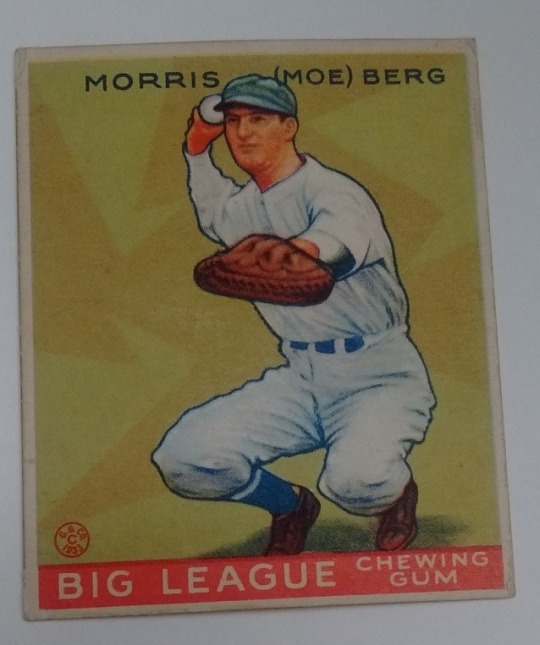By James Benjamin Nadel, Communications Outreach Associate
The Chicago Cubs took center stage in the world
of baseball, winning their first World Series Championship in 108 years. But
the Cubs are not the only baseball team that has recently achieved a first.
Late last month, on a Sunday night at MCU Park in Brooklyn, where the
luminescent rides of Coney Island tower over the outfield fence, the Israeli
national baseball team defeated Great Britain to advance to its first World
Baseball Classic tournament. Held scoreless for the first half of the game, the
Israeli team broke through in the bottom of the 5th with a pair of
two-run homers. Meanwhile, the team’s starting pitcher Jason Marquis (last
seen playing professionally for the Cincinnati Reds) threw four scoreless
innings to open the game, on route to a 9-1 victory. Many fans came out to the
ballpark with Israeli flags to show their support for the team.

Photo taken by James Nadel
This coming March, the Israeli team will compete
with the best national teams from around the world. The international focus of the World Baseball
Classic tournament calls to mind a unique archival collection held by the
American Jewish Historical Society (AJHS). The papers of Morris (Moe) Berg
(Call number P-934) chronicle the life of this former major leaguer and son of Russian-Jewish
immigrants. Berg, born in New York City in 1905, played intermittently in the
States during the 1930s; first for the Brooklyn Dodgers and then later for the
Chicago White Sox, Cleveland Indians and Washington Senators. Widely regarded
as “the most educated man in baseball,” (at least according to this baseball
card) Berg studied linguistics at Princeton, graduated from the Sorbonne and
worked as a licensed lawyer in the off-season.

https://commons.wikimedia.org/wiki/File:MoeBergGoudeycard.jpg
During the 1930s, Berg traveled around the world to
continue his studies. Along with a few fellow ballplayers, he taught baseball
at several universities in Japan. There, in 1934, he joined up with Connie
Mack’s barnstorming all-star team, which included such greats as Lou Gering and
Babe Ruth, and which is often credited with cementing the popularity of
baseball in Japan.
Over the course of these years, Berg became fluent in Japanese.
Berg’s international experience transcended
beyond baseball. In 1942, he acted as a goodwill ambassador to countries in Central
and South America. In that same year, in the aftermath of Pearl Harbor, Berg
delivered a message to the people of Japan (in Japanese), condemning the attack
and the actions of the Japanese government. In 1943, the Office of Strategic
Services (OSS) recruited Berg as an agent due to his wide range of linguistic
skills. In the OSS, Berg was tasked with ascertaining information about the Central
Powers’ atomic bomb program, specifically the capabilities and projects of
Italian scientists. Towards the end of the war, he was involved in detaining
German nuclear scientists, and he remained with the OSS until his retirement in
1952.

Photo taken by James Nadel
Want to read more about
the life of Moe Berg? Read about him in this book held by the YIVO Institute for Jewish Research.
